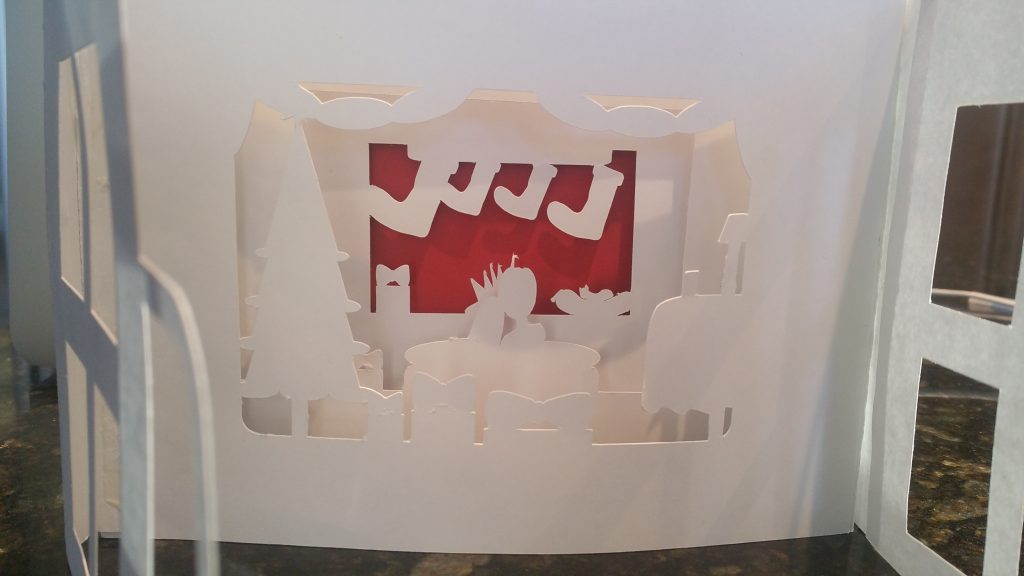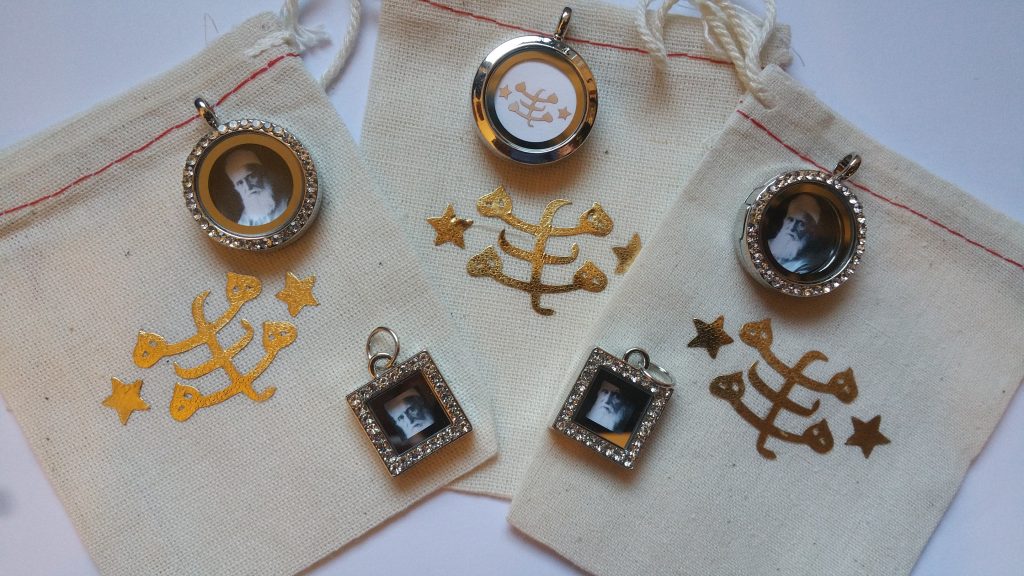
WORKING IN A SPIRIT OF SERVICE
SET 6
GRADE 2 LESSON 18
WELCOME
As we grow up, we each become engaged in different kinds of work and make an effort to learn the skills, abilities, knowledge, and qualities, we need to serve. Be it as a farmer, a doctor, a teacher, a scientist, a musician, or a factory worker. You too will need to think about how you will contribute to the welfare of society as you grow older.
With this introduction, the children then brainstormed some ideas of possible occupations and specifically, what professions they would like to carry out – we had it all, from zoo keeper to fashion designer, to ornithologist – there are so many options out there!
PRAYER
POSTCARD
O Thou kind Lord! These lovely children are the handiwork of the fingers of Thy might and the wondrous signs of Thy greatness. O God! Protect these children, graciously assist them to be educated and enable them to render service to the world of humanity. O God! These children are pearls, cause them to be nurtured within the shell of Thy loving-kindness. Thou art the Bountiful, the All-Loving.
Abdu’l-Bahá
QUOTE
With love and kindness, joy and eagerness, we work diligently throughout our lives, striving to contribute to the good of those around us. As we grow up, we each become engaged in different kinds of work and make an effort to acquire the skills, abilities, knowledge, and qualities, we need to serve.
There are many things that must be done in this world, and each person must determine how best to apply the talents and capacities he or she has been given by God. Think of the farmer who works from early morning until evening to produce the food others need to survive; think of the factory worker who lends his or her skills to the manufacture of goods that will benefit many; the schoolteacher devotes his or her days to helping young students learn to read and write; the musician practices for hours upon hours in order to create music that will bring joy to the hearts of others; the scientist spends a lifetime observing the universe and looking for patterns in its workings, to make discoveries that will lead to new understanding and that will give rise to new technologies. The Baha’i Writings tell us that work done in the spirit of service is accepted by God as worship.
You, too, will need to think about how you will contribute to the welfare of society as you grow older. There will be many ways that you can apply the talents and capacities God has given to you, and as you make an effort and work diligently, Divine confirmations will reinforce you, and you will begin to see more and more possibilities to serve others. You will, of course, continue to study and learn and will strive to achieve excellence, whatever path you take in life. Even the Baha’is who followed Baha’u’llah into exile from His homeland and who had little means learned the art of making rush mats. It was ‘Abdu’l-Baha who found an instructor to teach them this skill, a skill which He Himself had earlier acquired. During His travels in the West, ‘Abdu’l-Baha explained to one of the Friends: “. . . it is incumbent upon every soul to acquire a trade and an occupation. For example, l know how to weave or make a mat, and you know some other trade. This, in itself, is an act of worship, provided that it is conducted on the basis of utmost honesty and faithfulness.” To remember the importance of engaging in some form of work, in a spirit of service to humanity, let us memorize the following words of Baha’u’llah:
It is incumbent upon each one of you to engage in some occupation – such as a craft, a trade or the like. We have exalted your engagement in such work to the rank of worship of the one true God
Baha’u’llah
MEANING OF WORDS
- Incumbent
- Engage
- Occupation
- Rank
- Worship
Every parent must be responsible for making sure that their children receive an education. It is incumbent upon parents to see to their children’s education.
It is incumbent upon every person to pray each day.
Jacob’s brothers all have different jobs. One is an electrician, one is a fisherman, one is a teacher, and one is a painter. Each of Jacob’s brothers is engaged in a different occupation.
Each day, Marwan goes to school, assists her brother with his studies, practices playing football, and helps with the household chores. Throughout the day, Marwan engages in many activities.
Ariadne spends most of her time looking after her family, caring for their home, tending to their well-being, and making sure they have what they need. Ariadne’s main occupation is the care of her family.
Penelope is an architect. She spends her days designing apartment buildings in which families live. Penelope is an architect by occupation.
Firefighters must always follow the orders given to them by the head of the fire department. The head of the fire department holds the highest rank in the department.
After many years of woodworking, Alberto became very skilled in carpentry. He achieved the rank of Master Carpenter.
Once a week, Miguel’s parents invite their neighbors to their home to pray for the well-being of their village and their families and to offer gratitude to God. They gather together to worship and praise God.
In every part of the world, one finds special places where people gather to give praise and thanks to God. People go to these places to worship God together.
SONG
STORY
The story is about a young man named Muhammad who grew up in ‘Akka in the time of ‘Abdu’l-Baha, will help the children see the joy that working hard to achieve excellence brings.
In ‘Akka, ‘Abdu’l-Baha had organized a small school for the Baha’i children who lived in the Holy Land. There were very knowledgeable Baha’is in ‘Akka at the time, so the children had the opportunity to learn from a wonderful group of teachers. Among the subjects taught at the school was calligraphy, which is an art highly esteemed by Baha’u’llah and ‘Abdu’l-Baha. It is the art of writing profound and meaningful phrases, poems, and tablets in a most beautiful way, almost as if they were paintings.
On Thursday afternoons the children of the Baha’i school had a special bounty. Each would take the best piece of calligraphy he or she had written during the week and show it to ‘Abdu’l-Baha who would inspect it, praising and encouraging the child as He saw fit. If the calligraphy piece was particularly well done, He would write a short sentence of praise at the bottom of the paper in His own handwriting. For the children, a sheet ennobled by ‘Abdu’l-Baha’s handwriting was a treasure they would cherish for the rest of their lives.
One year, there was a young boy of twelve or thirteen in the school who was intelligent, but eager to avoid unnecessary exertion. He loved to play and, as a result, did his homework hastily and poorly. Now this young boy, whose name was Muhammad, had an ardent desire to win the good pleasure of ‘Abdu’l-Baha. But when it was time to sit down and practice his calligraphy, he would get the urge to go out and play. Then one week Muhammad managed to show tremendous willpower. He worked hard, and when Thursday came, he presented to ‘Abdu’l-Baha a very nice piece of calligraphy. The Master was delighted and wrote at the bottom of the sheet words of commendation.
As you can imagine, Muhammad was beside himself with happiness. He looked at the handwriting of ‘Abdu’l-Baha under his calligraphy, convinced he was the most fortunate boy in the whole universe. “Why could I not do this every week,” he thought, “and receive this honor every Thursday?” So the next week he tried again, but unfortunately, his willpower was not strong. He did not produce a single piece of calligraphy that could possibly win ‘Abdu’l-Baha’s approval a second time. Then Muhammad said to himself, “‘Abdu’l-Baha is so busy. He has so many things to do. He would never remember the calligraphy of a little boy.” So he took a fine pair of scissors and cut off the bottom of the sheet that he had presented the week before, removing ‘Abdu ‘l-Baha’s words of praise. You can see what Muhammad’s intention was. He was going to show the same piece of calligraphy to ‘Abdu ‘l-Baha again. This was a blameworthy act, although Muhammad had always been a truthful and trustworthy child. He tried to forget his plan, but could not. His mind had been poisoned by a dishonest thought, and he was not strong enough to overcome it.
On Thursday afternoon, Muhammad stood in line with the calligraphy piece from the previous week in his hand. He was already feeling the pangs of remorse. He was so ashamed of himself that he could hardly look at ‘Abdu’l-Baha. Then finally, his turn came. As always, ‘Abdu’l-Baha was loving and kind. But, of course, the moment He saw the calligraphy. He knew what had happened. How do you think the Master reacted? Did he announce Muhammad’s wrongdoing to his companions and shame him before the others? Not at all. With great love, but also with unmistakable firmness, He noted how closely the piece of calligraphy matched the one that Muhammad had presented the week before. He said no more but patted the boy in such a way that made it perfectly clear to Muhammad that ‘Abdu ‘1-Bahti realized what he had done.
DRAMA
As always, have the children stretch in their imaginary squares as a warm-up and then carry out one or two other exercises from the previous lessons. Then explain to them that the next exercise will help them to think about how they can serve humanity as they grow up.
Ask the children to sit silently for a few moments and imagine what kind of work they might want to do in the future. Once each child has an idea in mind, call on them one by one to stand up and act out some of the tasks involved in the work they have chosen. For example, if one child hopes to be a doctor, he or she might pretend to examine a patient; another might think of being a teacher and pretend to give a lesson. After each child has finished his or her improvisation, the other students should guess what he or she was pretending to be and then discuss briefly how such an occupation can contribute to the betterment of the world. To begin the exercise, you might wish to choose a child with strong drama skills who can provide an example for the others to follow.
CRAFTS
A Beautiful Piece Of Calligraphy
Our craft/art activity was inspired by today’s story on calligraphy.
We noticed that doing calligraphy takes a lot of patience, perseverance, and care – and probably a lot of practice to become good at it. The perfect exercise in endurance and excellence
ANOTHER WAY TO PRACTICE CALLIGRAPHY
Use the FREE FONTS to trace your name and practice a little calligraphy.
IMAGES ON PINTEREST
There are lots of images on Pinterest Some are Baha’i Calligraphy examples
Notice how some calligraphy looks like shapes. We can take any shape and write in it for a similar look. Try using shape and write in it
LAPBOOK
CONTENT COMING SOON: Calligraphy to do and add to the lapbook
REVIEW QUOTE
Beautify your tongues, O people, with truthfulness, and adorn your souls with the ornament of honesty
Baha’u’llah
He, verily, shall increase the reward of them that endure with patience
Baha’u’llah


